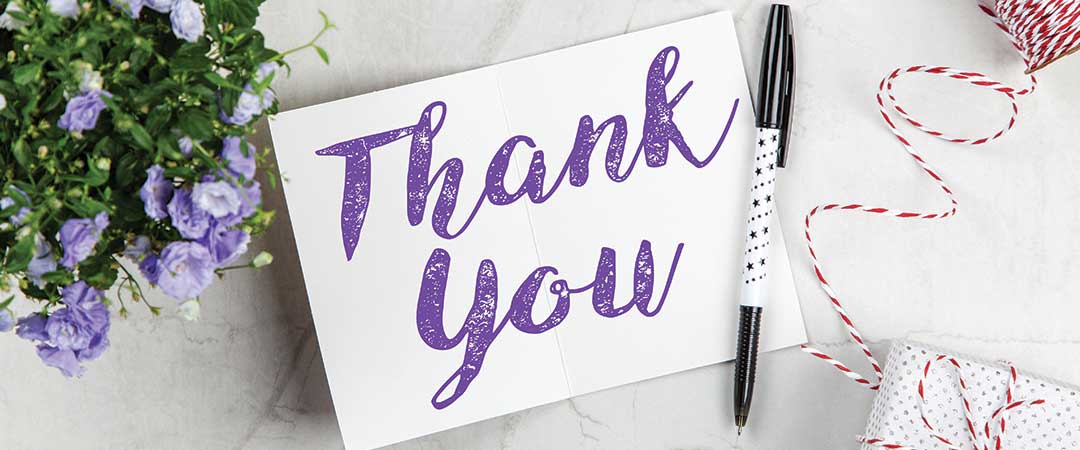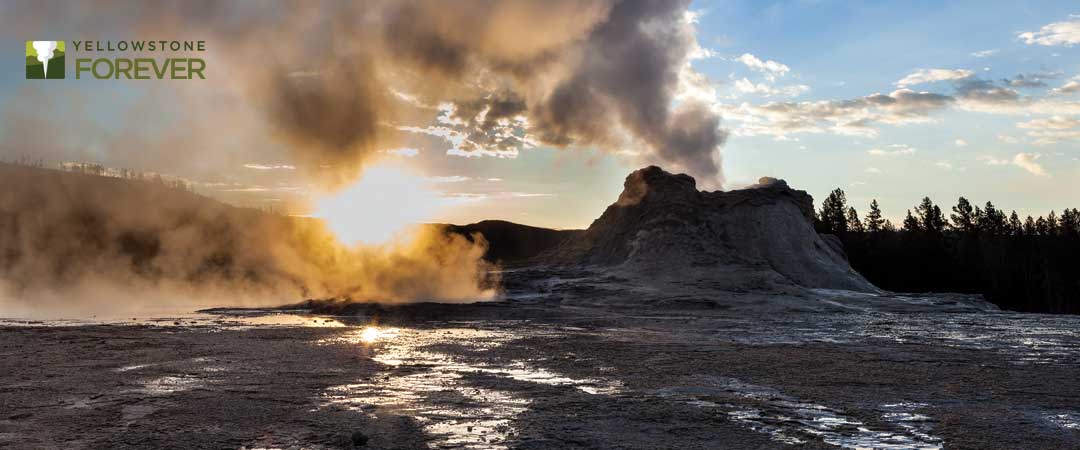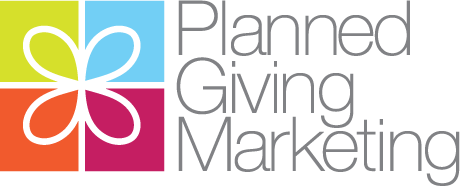
Planned Giving’s “Magic Words”
Unlocking Donor Conversations with a Simple Phrase
Searching for the Right Words
A lot of people claim key fundraising phrases work with donors, but we think we’ve found planned giving’s magic words–words that improve both your planned giving marketing AND conversations with planned giving prospects and donors.
What would you do with MAGIC words? And where would you use them to have the biggest impact?
- Are you a fundraiser tasked with creating planned giving marketing communications and find yourself mired in phrases more mystically passive than magically engaging; phrases like “remember us in your will,” “leave a legacy,” or “consider a gift that may have tax benefits, too”?
- Does the latest research about the word “bequest” have you wringing your hands over a better way to say “what happens to your stuff when you die”?
- Have you heard that somewhere out there that certain “key” planned giving messages will work, leading you and your boss to word-smith a bequest letter into the bore-o-sphere?
No magic words will ever get that letter in the mail …
Here’s the truth … there ARE magic words you can use with donors … and you already know them! And, as a fundraiser, you probably already use them all the time. You’ve also said them to the waitresses who handed you a cool cocktail, that man who opened the door for you last week, and to your sweet Nana. What are Planned Giving’s Magic Words?
Thank you.

How to Use Planned Giving’s Magic Words
Finding fresh new ways to say “thank you” is the fastest, clearest, and most authentic way to talk about planned giving with your donors – in person, in your communications, and your specific planned giving appeals.
Planned Giving’s Magic Words in Person
Don’t know how to ask for a planned gift? Try using planned giving’s magic words as a “thank you” ask.
- Thank the donor for his faithful giving of $25 a year.
- Mention that another donor has given the same amount or for the same number of years and is also leaving a charitable bequest to your org.
- Then say nothing, and see what the donor says.
You may be surprised to hear that your org IS in his will (but he’s just never told you). Or, you may hear he’s been thinking of updating his plans and hadn’t considered a charity – but now he will.
Planned Giving’s Magic Words in Your Newsletter
Have you been including phrases like “Remember us in your will” in your newsletter for years without getting any results? Instead, try featuring a photo of the lovely Kathleen, a donor who named your organization in her will. Use “Thank You, Kathleen” as the headline and include a few short words about Kathleen’s future gift. This simple “thank you” communicates all the key planned giving messages. It shows prospective donors that it’s NORMAL to name a charity in a will, your organization values this type of gift, and it’s news to be celebrated and shared.
Planned Giving’s Magic Words in Your Appeal
If you truly want more prospects, ditch the “appeal” and go with a thank you. And don’t just SAY thank you–offer a sincere and tangible “thank you” in the form of a gift.

For example, the Yellowstone Park Foundation (YPF) mailed a Valentine’s Day postcard to 2,525 longtime, loyal donors. This card simply thanked donors for their support over the years and offered a free gift just for visiting a personalized URL (PURL). Upon arriving on their personalized landing page, the donors were asked one question about charitable estate planning.
The response was overwhelming… more than 190 people who care deeply about preserving Yellowstone Park self-identified as donors who would be interested in making a charitable bequest or other planned gift.
Also, with this simple yet effective direct and email campaign, YPF learned of 13 NEW planned gifts. In addition this mailing was also a nice stewardship piece. This YPF “thank you gift” appeal achieved an overall response rate of 33.87% which is astounding in planned giving marketing. A few key things to understand: the card did NOT MENTION planned giving, it did not ask the donor to “consider” anything or offer “more information.” The card was sent from the Old Faithful Society (YPF’s legacy society) but other than that had no typical hallmarks of a planned giving mailing.
What this means for you and your organization

There is so much magic in the two words “thank you” that if you focus on new ways to use them, you will surely secure some very large future gifts for your organization. A Blackbaud study shows the average planned gift in the United States is between $35,000 and $70,000, but you routinely hear of $100,000, $250,000, $500,000 bequests and higher – mainly from everyday people.
In our fundraising world, we hear a lot about “donor engagement strategies,” and there is no clearer strategy than the simple “thank you.” If the real, true goal of your planned giving outreach is to identify prospects, try ditching the tired “planned giving talk” and focus on how you can do more with those two magic words everyone loves to hear … Thank you.
Promote Your Legacy Society
Thank Donors with a Campaign that Highlights Your Legacy Society:
- Share donor stories
- Invite donors to join
- Highlight the benefits of a planned gift
- Provide bequest language for an attorney or financial planner
